While you are creating a bucket list of things to do in Moscow and already have a plan for Day 1 and Day 2 of your Moscow holidays, there is something that you have probably missed. Not only Kremlin and Red Square have their stories. Moscow has a lot to tell you about itself, in particular – about its own name. Read “What Does Moscow Mean” to find out!
Where does the word “Moscow” come from?
Here are some fun legends and facts from our Moscow tours.
“Moscow… how many strains are fusing
in that one sound, for Russian hearts!
Цhat store of riches it imparts!”
―Aleksandr Pushkin, a famous Russian writer
We all know Moscow has a lot to impress with and this name surely strikes a chords in Russian people.
Moscow has always something in store for everybody whether it is the Kremlin with a long impressive history or a tiny chapel hidden in modern buildings. It can be a crowded central walking street with up -to- date graffiti or just a calm cafe with some locals who read a book somewhere in Kitay-Gorod. Without any doubts Moscow is special with its music or firework festivals, free dancing stages and open cinemas, charming food markets and marvelous boulevards. Annually it opens arms to everybody who is looking for something great and memorable.
But before plunging into this atmosphere, let’s have a look at the roots and origins of Moscow, and more precisely of its name.
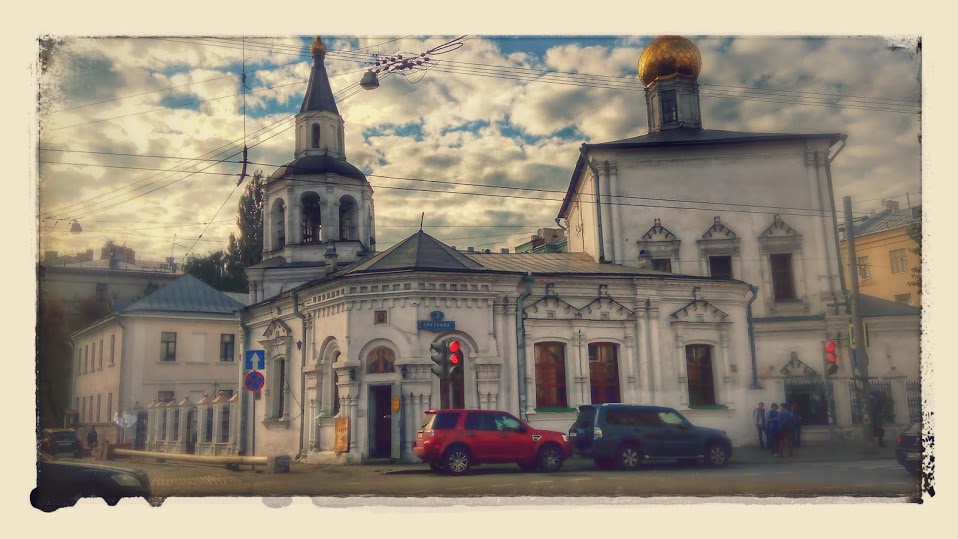
Historical Moscow
Why Moscow is called Moscow?
Have you ever wondered why Moscow was named Moscow? No? You might be interested to read about some of the legends.
In fact, there are several versions of why our current capital is called “Moskva” – a Russian name of Moscow.
Legend 1
According to one of them, the city had two roots – “Mosk” (stone) and “Kov” (hiding). Thus, the word “Moscow” can be translated as “stone shelter” and the name was transferred from the city to the river.
Legend 2
However, most historians believe that the city received its name from the river, not the opposite. If to believe a legend, the word “Moscow” is not a Russian but Finnish word, and it came to us from the ancient times, when there were numerous Finnish tribes living on the banks of the same river. “Mosk” meant either a cow or a bear (not known for sure) and “wa” meant water. Doesn’t really make sense to us, but the version has place to be.

Bolshoi Theater
Legend 3
Another legend tells us that the name of the river is translated from Old Slavonic and means “marshland” or “dampness”. Seems to be a more logical explanation, as our capital was indeed founded on a swamp.
Legend 4
There is also a version of the biblical origin of the name: in ancient times a guy called Mosokh lived on the shore of the river, and subsequently founded the city. The river was named in honor of Mosokh and his wife Kwa – so we get the word “Mosk-va”. The couple had children: “Ya” and “Vuza”, whose names gave a name to another Moscow river – Yauza.
No one can say nowadays which of these versions is 100% true. That’s the beauty of history – to have a choice of legends and stories to believe in, don’t you think?
The church, however, stick to the last version.
Throughout its life people have given a lot of different nicknames to our capital expressing their love and passion to it.
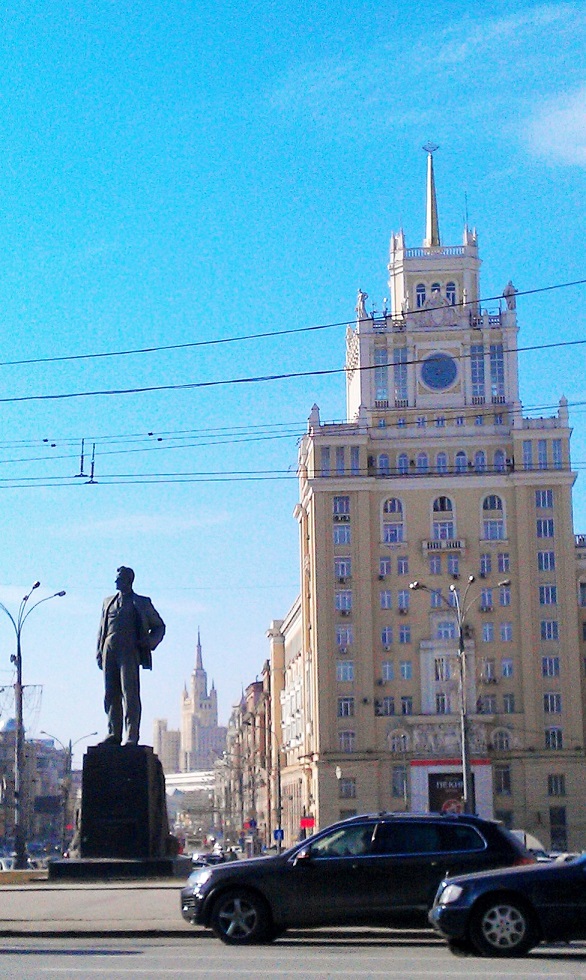
Stalin architecture in Moscow – Hotel Pekin
Did you know that for some reasons Moscow has had following nicknames?
White-stone
Such a nice epithet was given to highlight the architectural image of medieval Moscow built of white stone. The Kremlin wall used to be white too.
The city on Seven Hills
Moscow is believed to be built on Seven Hills (an analogue to Rome).
An interesting fact: Rome, Constantinople, Kiev, Washington were also constructed on seven hills.
Nowadays they say that 7 Stalin Sisters represent each of seven hills in Moscow.
Golden-Domed
Despite the fact that a great number of sanctuaries were demolished during Soviet times,
Moscow is still the home to thousands of churches, convents, chapels and mosques. Numerous cupolas are covered with gold being masterpieces that shine and flash in shiny weather.
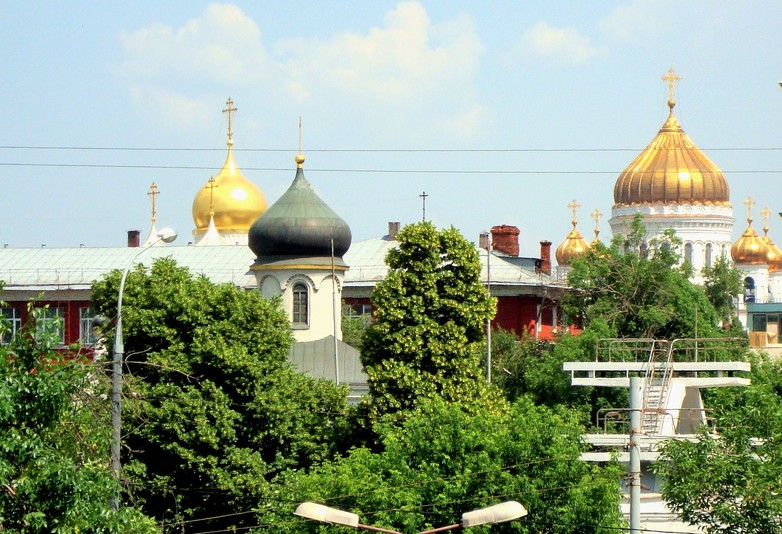
Golden-domed Moscow
Third Rome
This metaphor describes the idea that Moscow is the successor to the legacy of the Roman Empire (the “first Rome”) and its successor state, the Byzantine Empire (the “second Rome”).
Forty Forties
French ambassador, Count Louis Philippe de Segur wrote about Moscow: “The view of Moscow, such a wide city, with its thousands of golden domed churches, the diversity of sounds of its bells, with the mixture of its houses, rich merchants’ houses, magnificent palaces.” No wonder why by the beginning of the XX century Moscow numbered up to the Forty Forties churches.
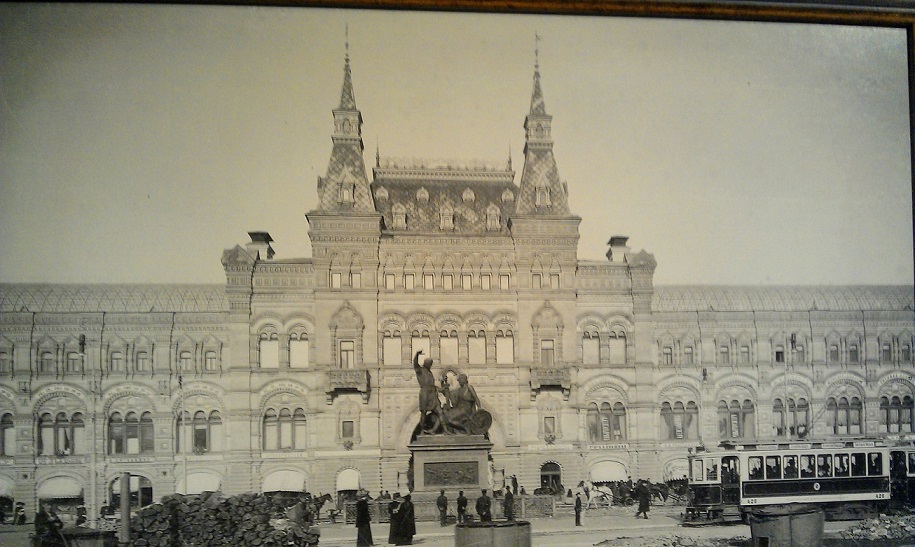
Old Moscow
Port of Five Seas
Moscow is sometimes called “Port of five seas” because of the Moscow Canal with it’ s length 128 Kms. It was completed in 1937 and currently connects Moscow to five seas: the White Sea, Baltic Sea, Caspian Sea, Sea of Azov, and the Black Sea. The name was changed from Moscow-Volga to Moscow Canal in 1947 in honor of Moscow’s 800th anniversary. So in case you decide to take a boat trip be careful as you can suddenly find yourself in the waters of the Black Sea : )
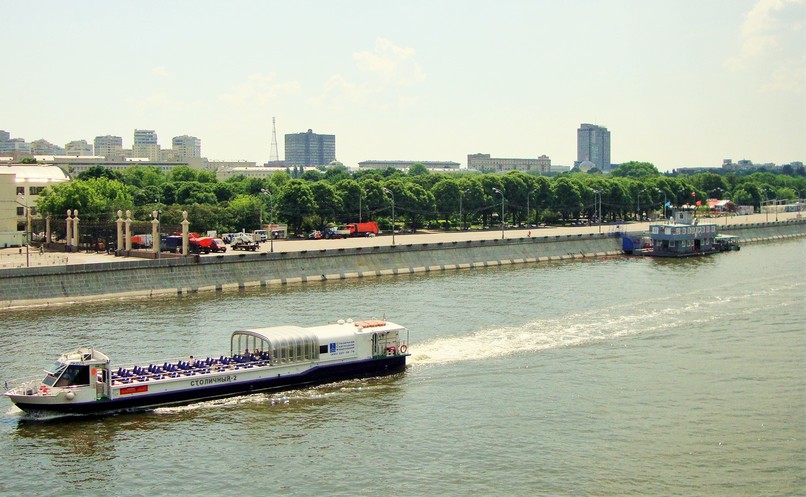
Moscow river cruise
If you want to know why St Petersburg is called this way, find out on our St Petersburg walking tour.
Most Popular Posts
 50 Facts about Moscow – all you need to know about Russian Capital
50 Facts about Moscow – all you need to know about Russian CapitalEverybody likes fun facts and we always prepare a ton of them for our Moscow tours ...
48.1k views
 50 Fun Facts about Los Angeles
50 Fun Facts about Los AngelesA visit to Los Angeles isn’t complete without Hollywood. And Getty Museum. And Downtown LA ...
38.2k views
 50 Facts about Paris
50 Facts about ParisEiffel Tower, Notre Dame de Paris, Louvre, the smell of coffee and freshly baked croissants ...
31.9k views


